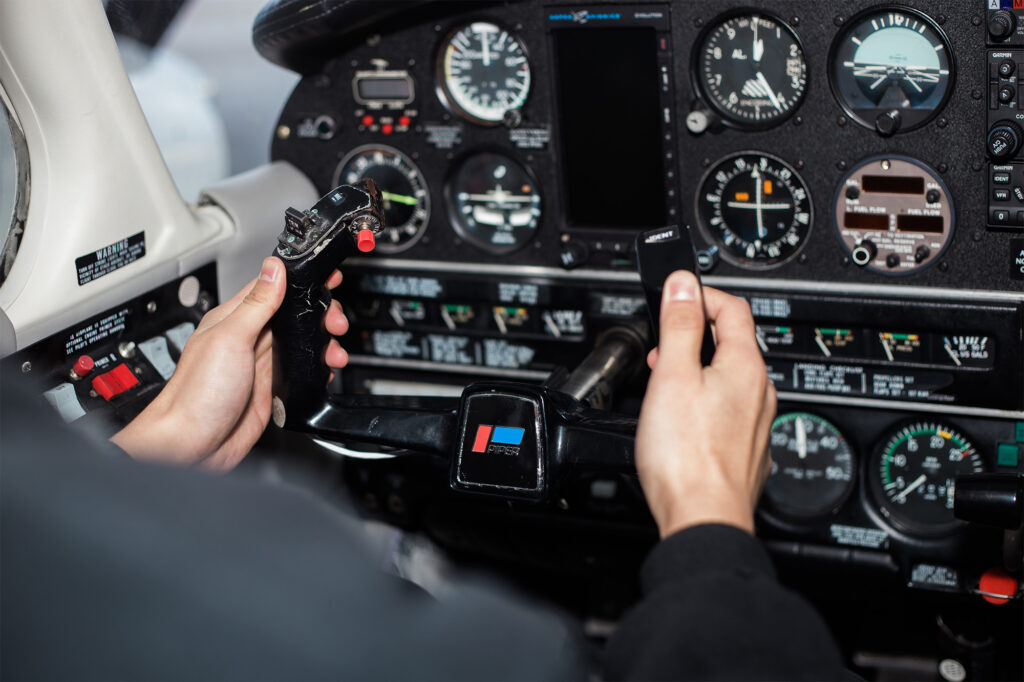Flying is one of the most amazing things that many people wish someday to be able to do, but it takes unique talent and education to be able to do it. Multi-engine training is a must if a pilot wants to advance his or her career and gain further qualifications. Engineering or operating an aircraft with two or more engines opens a new chapter in flight training. This new chapter is challenging as well as fascinating.
Having more than one engine in an aircraft does not only mean gaining more power. In general, training on such aircraft familiarizes pilots with strategies for handling various scenarios and making appropriate decisions—critical assets in any flying career.
Why Multi Engine Training is Essential in Aviation Training for Pilots
a. A Broader Skill Set
The most significant advantage of training on multi-engine aircraft is the versatility of skills that it provides. This can be essential for career progression as pilots gain knowledge on how to operate more complicated systems and bigger planes. Having a multi engine plane rating is a requirement for almost all commercial and cargo flying positions. In Fast Track Flight Training, this training helps to create truly universal pilots and workers who are ready to carry out a specific set of missions as soon as possible – from passenger transport to cargo shipping to interstate emergency medical services.
b. Enhanced Safety Knowledge
Aviation is all about safety and there is even more focus on this when an individual is training to fly multi-engine aircraft compared to when a person is training for a single engine aircraft. Pilots are trained on what to do as a result of an engine failure and also learn about the subsequent handling of an aircraft at different stages. This knowledge is important because it can greatly determine the safety of a flight in cases of complications. Risks are part of a pilot’s job, and the knowledge gained from this training is invaluable for a pilot who wants to grow in his or her profession.
c. Better Job Opportunities
Multi-engine certificated pilots have a better chance of getting better jobs. Employers, particularly airlines, charter services and other aviation related companies, always seek pilots who are capable of flying different types of aircraft. Multi engine training certification is also important for pilots who wish to advance to larger aircraft, since these provide better remunerations and more secured employment opportunities. Moreover, multi-engine flying makes pilots more desirable candidates for positions having higher ranks and responsibilities, like captains and flight training executives.
d. Confidence and Competence
Multi engine training to operate a multi-engine aircraft generates confidence. Aviation professionals are required to think and act very fast and make the right decisions at all times. Multi engine training offers a unique experience and results in better competency when it comes to aviation.
Welcome Yourself to Your Multi-engine Adventure
It should be noted that the process of mastering the rules of multi-engine aircraft flying is not easy and requires continuous efforts and dedication, but the result you will achieve is worth the effort. For further details on how to accelerate your flight training, check out Fast Track Flight Training.






